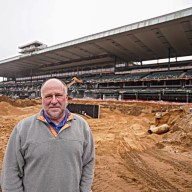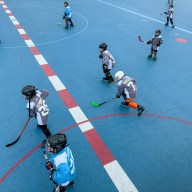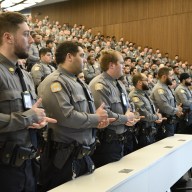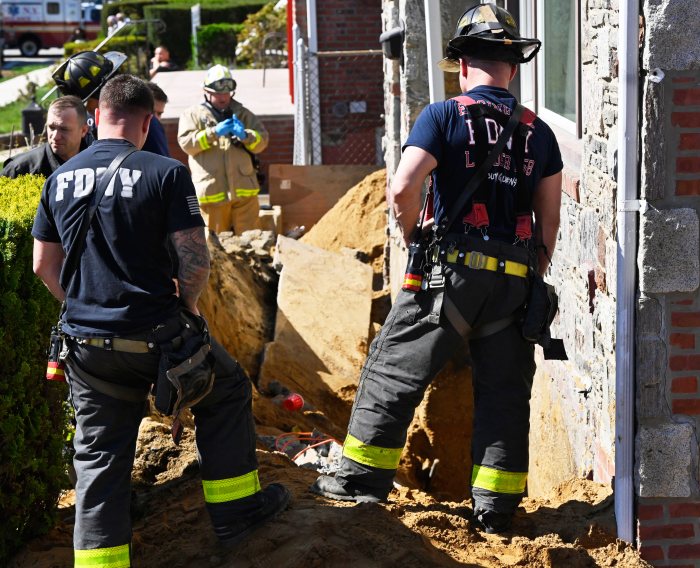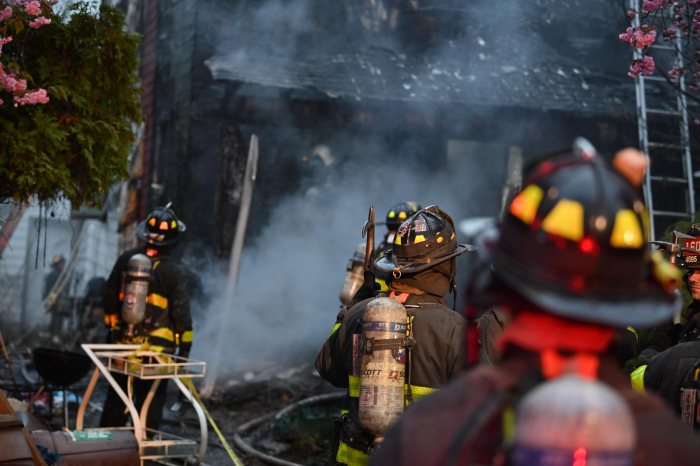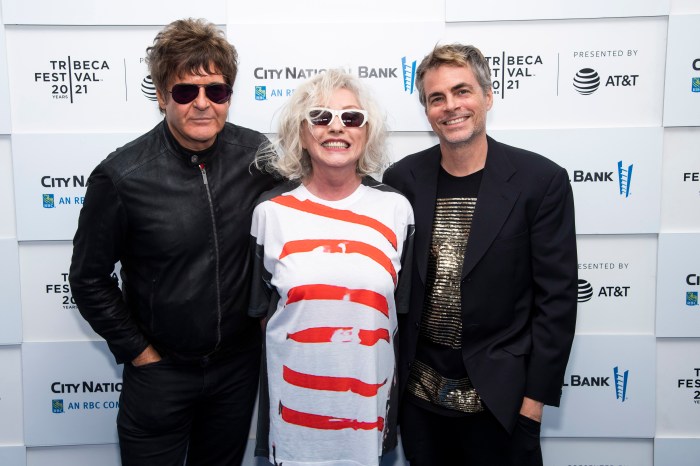By Michael Morton
Soon Coach Robert King and his low-budget Jamaica Wildcats youth football team may lose that, too.”They gotta be here in the neighborhood,” he said on a recent Friday, seeking to show a visitor the site, located near the corner of Sutphin Boulevard and Linden Boulevard. “This is the base. This is where everything starts. You can't take the kids out of here.”Every summer for the past 14 years, King has taken boys ages 7 to 17 and taught them how to play football, using the sandy lot to practice the basics and then herding the players onto the subway for Saturday league games in Harlem. He typically gets players who need a program within walking distance and cannot afford the hundreds of dollars in fees for the more upscale teams in St. Albans, Jamaica and Rosedale.Neighborhood supporters said many participants are boys who would otherwise turn to the streets. If the Wildcats' lot is turned into houses, a project rumored but unconfirmed, King said the area would be that much worse off.”Ain't nothing for the kids here,” he said. “I don't care if I save but one or two.”At 69 years old, King sports a white beard but is still blessed with a trim, athletic build. After serving in Vietnam, where he earned two Purple Hearts, he became involved with the city Parks and Recreation and Department and taught basketball and football. He moved his gridiron program to South Jamaica in 1991 after the city Education Department gave him permission to use the vacant lot, about three storefronts long and owned by the city at the time.The site sits in a community of modest two-family homes near Baisley Park, with storefronts topped by one floor of apartments along both Sutphin Boulevard and Linden Boulevard. The lot is sandwiched between two low-lying commercial buildings and is clean and sandy in the front and somewhat overgrown under several trees in the back. At the property, King showed off the program's few possessions: an aging set of exercise benches and a few free weights for strength training, two parallel rows of old tires for the players to run through, and a small, weathered bus, new for this season, to replace the subway rides to Harlem. The windows of the bus were boarded up to protect the glass, but a peak inside the vehicle's darkened interior revealed boxes of cleated shoes.”That bus runs,” King said, pausing to feed a stray feline known as the “Wildcat” a can of food. While the team's equipment sat behind a chain link fence that guarded the lot, King said someone had recently disturbed some of the items. His neighborhood sources said the culprit was a developer, bent on building homes on the lot presumably because of the ever-increasing demand for housing.After hearing the report, King went to the Civil Courthouse in Jamaica, but did not have concrete evidence of any development plans nor enough money to seek an injunction even if he had had the details. “All this and I get no justification,” he said of his efforts over the years.City Department of Finance records revealed that the deed to the lot was transferred from the city to a man named Hamid Kavian in 2000, but a visit to the Kew Gardens address listed on the department's Web site revealed the owner had moved. King may have a legal claim to the land as a squatter, but would need a lawyer to review his case. While he had not sought out an attorney as of Friday, he planned a rally the following day to highlight his cause.”I'm trying to put some light on it,” he said. “I'm going to rumble from there.”The next day Marvin Jones, 37, and his young relatives stopped by the lot for the first time. King ran the boys through some drills, telling them “palms up, always face the ball,” and later Jayquan Gary, 5, said “he's nice. He let us play.” Jones, who served time in prison, said “if I had this growing up, I probably wouldn't have ended up in the situation I was in.”But while Jones and his young charges showed up during the rally, few others followed suit. King said he had not received much support over the years. Unlike youth football teams in southeast Queens' black middle-class communities that charge hundreds of dollars, King asks for a voluntary fee of $7 from his modest neighborhood, a payment only one of his 37 players made last year. While area merchants have contributed small amounts and the youngsters have raised funds, King has largely financed the team himself from a promotion company he runs for boxers, musicians and other performers. The coach said approaching elected officials had led nowhere, while parents treat him “like I'm a giant baby-sitter.” King said the parents did not advocate for the team, while athletes and hip-hop artists he once knew with ties to the area had forgotten about the Wildcats.”Nobody found their way back,” he said.If the program were forced to close, it would be a shame, said longtime team assistant Mary Davis.”He loves the kids so much in his community,” she said. “He has devoted his life.”If the lot is developed, King said he hoped to move into the basement of a store next door. But the rent there could run as high as $2,000 a month, the broker said, noting that it was negotiable but that the coach had not contacted him. Still, gazing across the lot as the afternoon wore on Saturday, King expressed a measured hope.”We're going to be all right,” he said. “We're going to be all right.”Reach reporter Michael Morton by e-mail at news@timesledger.com or by phone at 718-229-0300, Ext. 154.








